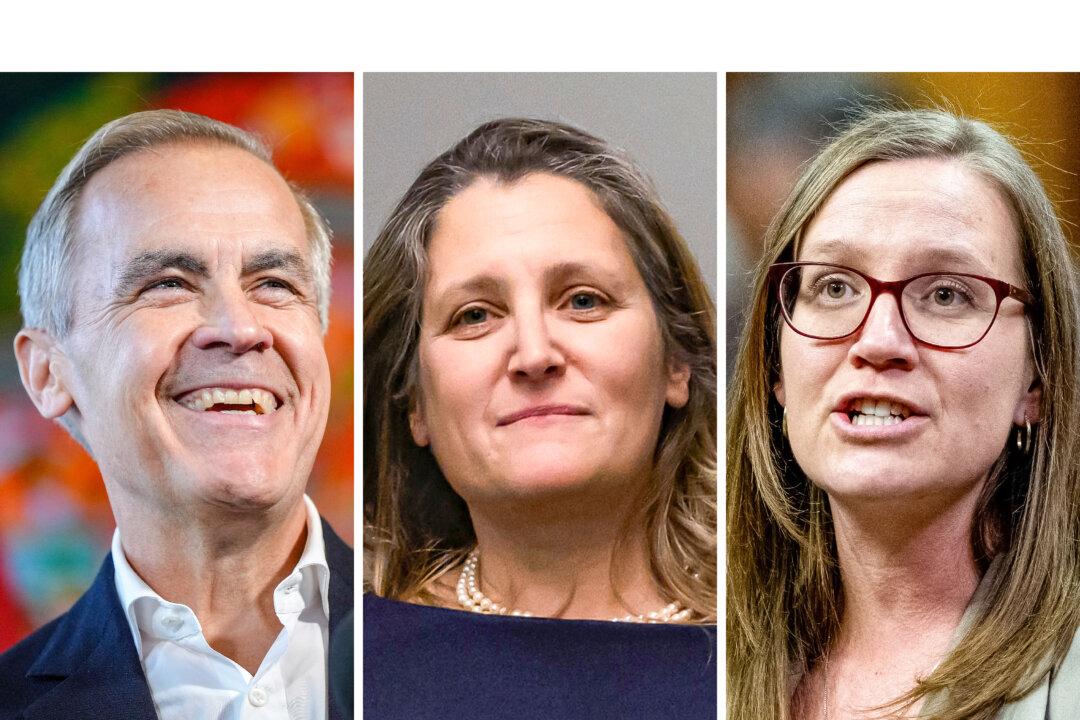News Analysis
Most, if not all, expected major contenders have now entered the Liberal Party leadership race and have given hints of where they would take their party and country if crowned winner.

Most, if not all, expected major contenders have now entered the Liberal Party leadership race and have given hints of where they would take their party and country if crowned winner.